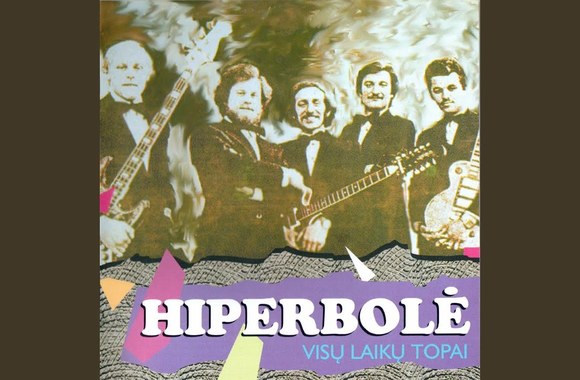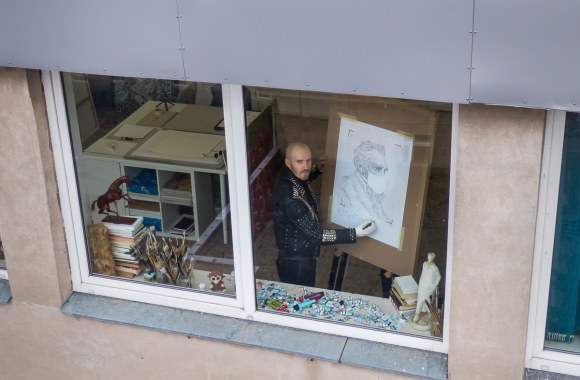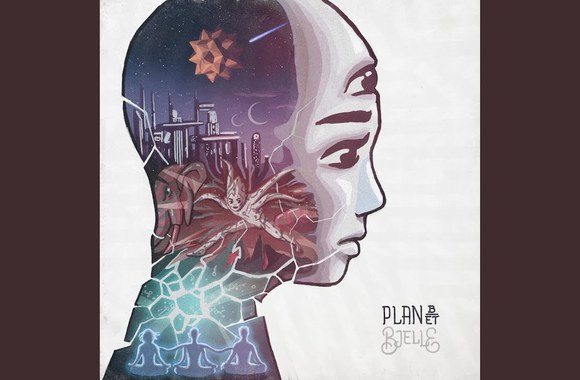„Godumas“ (angl. „Greed“), 1924 m.
Breve Storia del Cinema - Gli anni '20 ad Hollywood: http://www.brevestoriadelcinema.org/13-1.html Greed is a 1924 American silent film written and directed by Erich von Stroheim and based on the 1899 novel McTeague by naturalist writer Frank Norris. It stars Gibson Gowland as Dr. John McTeague, ZaSu Pitts as his wife Trina Sieppe and Jean Hersholt as McTeague's friend and eventual enemy Marcus Schouler. The film tells the story of McTeague, a San Francisco dentist, who marries his best friend Marcus' girlfriend Trina. Shortly after their engagement, Trina wins a lottery prize of $5,000. Marcus jealously informs authorities that McTeague had been practicing dentistry without a license and McTeague and Trina become impoverished. While living in squalor, McTeague becomes a violent alcoholic and Trina becomes greedily obsessed with her winnings, refusing to spend any of it despite how poor she and her husband become. Eventually McTeague murders Trina for the money and flees to Death Valley. Marcus catches up to him there for the film's final sequence. Von Stroheim shot over 85 hours of footage and obsessed over accuracy during the filming. Two months were spent shooting in Death Valley for the film's final sequence and many of the cast and crew became ill. Greed was one of the few films of its time to be shot entirely on location. Von Stroheim used sophisticated filming techniques such as deep focus cinematography and montage editing. Von Stroheim considered the film a Greek tragedy in which environment and heredity controlled the characters' fates and reduced them to primitive "bête humaines" ("human beasts"). During the making of Greed, the production company went through several mergers and eventually became Metro-Goldwyn-Mayer, putting Irving Thalberg in charge of the production. Thalberg had fired von Stroheim a few years earlier at Universal Pictures. Originally almost eight hours long, Greed was edited against von Stroheim's wishes to about two-and-a-half hours. The full-length version is lost. Only twelve people saw the full 42-reel version, some of whom called it the greatest film ever made. Von Stroheim called Greed his most fully realized work and was hurt both professionally and personally by the film's re-editing. The uncut version has been called the "holy grail" of film archivists, amid repeated false claims of the discovery of the missing footage. In 1999 Turner Entertainment created a four-hour version of Greed that used existing stills of cut scenes to reconstruct the director's version. Greed was a critical and financial failure upon its initial release, but as early as the 1950s it began to be regarded as one of the greatest films ever made; filmmakers and scholars praised it for its influence on subsequent films. http://en.wikipedia.org/wiki/Greed_%28film%29











